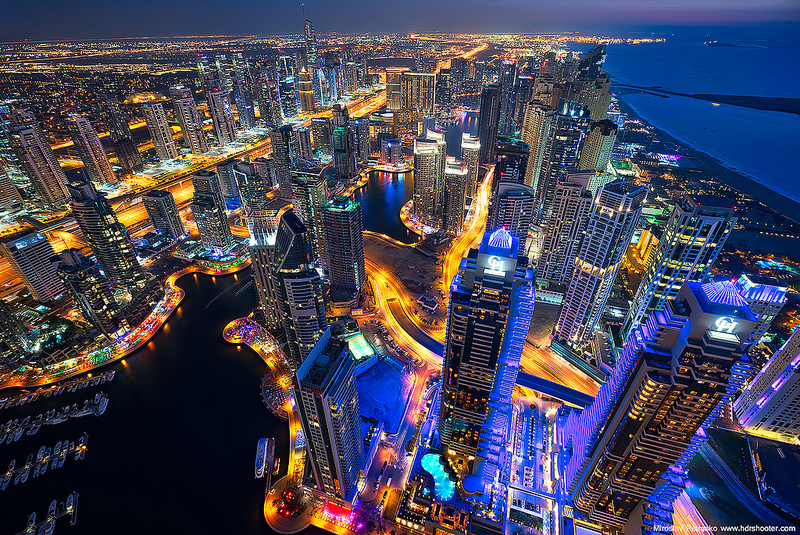A New Place to Think About "Free Cities"
Can special economic zones and private cities morph to arenas for widespread, unprecedented market and regulatory liberty?
Are we on the cusp of new directions in more liberty-oriented policies across the globe in "free cities"? Mark Lutter is an economist with an interest in the free city concept (though other terms competing for market dominance include "startup cities" and "charter cities" and various Spanish-language acronyms out of Honduras, the country that might be closest to actually creating such zones). He has just launched a new blog for information and analysis of the concept.
It's worth bookmarking and is called "Free Cities Initiative."

From Lutter's inaugural couple of posts, explaining why the idea might be of interest to libertarians and political science-fictioneers of all stripes:
[F]ree cities can rapidly improve governance and spark economic growth in the developing world, as well as offer pockets of innovation to accelerate technological development in the developed world….
Consider the cities which have experienced the most growth in the post-war era. Of the top five, three are free cities, Hong Kong, Singapore, and Dubai. Their success was predictable and is replicable. Rule of law, property rights, and economic freedom are necessary, and arguably sufficient conditions for economic development. Unfortunately, history shows it is difficult for countries to rapidly improve their institutions on a national level.
Free cities offer an alternative. By taking land with few special interests or residents, free cities have little impact on the political equilibrium. This allows more rapid institutional improvement, and therefore economic development, than would otherwise be possible.
Any reason to believe progress in this direction can happen in the short term?
There are two trends which point to the emergence of free cities. First, the creation of SEZs [special economic zones]. While SEZs are not free cities, they are pockets of autonomy. The Economist writes that there are now more than 4,000 SEZs. Second, the emergence of private cities. Numerous multi-billion dollar private cities are being constructed. However, few have autonomy. Honduras passed a law to allow for the creation of ZEDEs (zonas de empleo y desarollo economico), a kind of free city. Should these trends continue they will likely culminate in free cities….
The New Cities Foundation gives the best overview of new cities being constructed. Their annual report from the King Abdullah Economic City forum profiles new city projects in the annex. Of course, cities which will grow organically are not included. However, the numerous multi-billion dollar projects suggest an opportunity for free cities. The new cities have capital, and some of them have the influence to receive a degree of autonomy.
But ideological activism is likely necessary to make sure new cities might be free(er) cities:
However, they do not appear to realize the importance of institutions in economic growth. The most recent report briefly mentions the legal side, only discussing taxes and business registration. While both important, ensuring long term growth potential for cities in developing countries requires thinking more radically about institutional reform.
With that being said, I believe the New Cities Foundation is slowly realizing the importance of institutions in economic development. Previous reports failed to mention legal autonomy. I suspect the next report will have more discussion on legal autonomy than the previous one.
For a survey of the past few years worth of ferment in this field from my reporting as it relates to Honduras: "New Republic Takes Weirdly Pants-Wetting Look at Honduran ZEDEs (Free Zones)," "Honduran 'Free Cities' Get One Step Closer to Reality," "Honduran Government Reported to Have Officially Published New "Start Up City" Law," and my long print feature on the history of the idea from 2013, "The Blank Slate State."
Reason TV on "How to Grow a City in Honduras":
